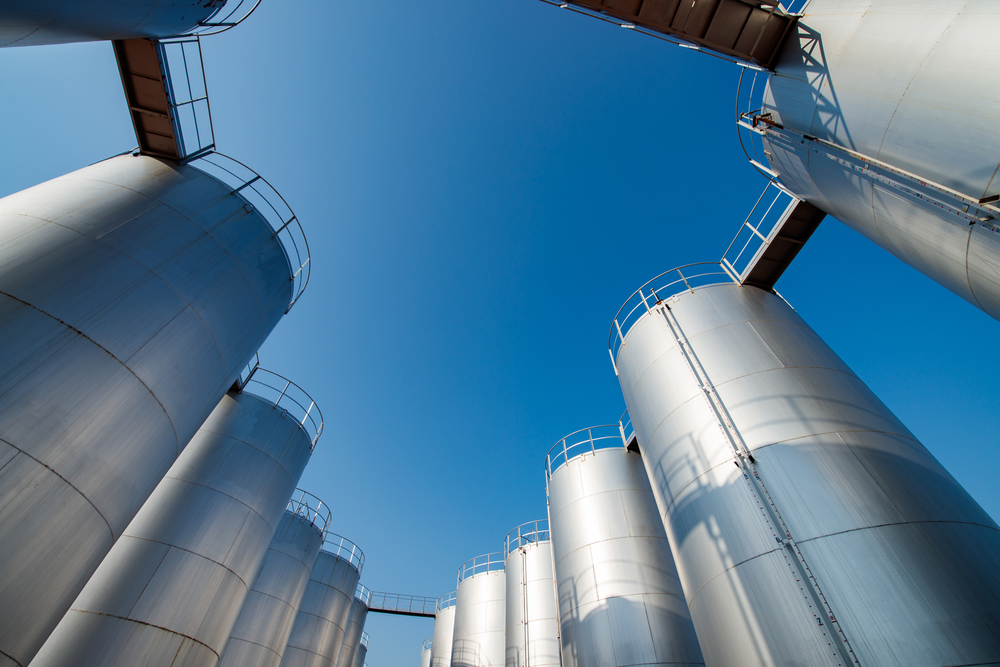Australia has one of the strictest biosecurity measures in the world.
The same measures that protect our country’s biodiversity, can quickly lead to a costly process for importers and shippers if Government rules are not followed.
These measures include and are not limited to:
- not permitting the goods to arrive
- re-export
- destruction
- treatment and inspection – all at the shipper’s or importer’s expense
Below, we outline a real-life case study and share some considerations for importers.
In 2021, a New Sandvik Cone Crusher was imported on a Roll on Roll off shipping Vessel (RORO), organised by one of the large multinationals. The multi-nationals customs department started the Customs clearance process for entry into Australia from a BMSB Risk Country.
The staff at this company were advised the cargo MUST be re-exported without further discussion, and notified the client there was no alternative. The “Stink Bug Season” mandatory measures mean these non-enclosed shipments must be loaded on board a vessel within 120 hours of being fumigated. Although this shipment was treated at the last possible moment before the required gate in time at the wharf for export, due to congestion at the port the loading vessel was delayed for a few days.
This resulted in the loading time falling just outside the Department’s 120-hour rule.
The New Sandvik Cone Crusher risked being denied entry which would not only result in significantly increased shipping costs to send it to a neighbouring country and back again, it would have delayed the commission on a project resulting in huge delays throughout the supply chain.
The shipment was in serious threat of being rejected on arrival. This would have meant the Cargo would have been directed for tarping, undergone regular inspection every 24 hours, re-exported to Singapore, completed treatment and only then could be returned to Australia. This would have taken up to an additional 50 days before it could be returned to Australia along with significant financial delays.
During this saga the client was speaking with some associates in the mining industry and was recommended to contact Emily Jackman, the Managing Director of Kenter.
The Result
Because of our close working relationship with The Department of Agriculture, Water and the Environment, coupled with our long history of importing new and used large heavy equipment, Kenter were able to settle that the Cargo had undergone appropriate levels of treatment, and have it approved.
The items with intricate working parts had also been immediately shrink wrapped, giving additional protection to the cargo from any infestation during transit. Australian Quarantine worked with Kenter to inspect the cargo on the wharf as soon as it was discharged. The cargo was then promptly released and was allowed to make its way to the Gold Fields region in Western Australia, ensuring a timely delivery for the project and the client. This goes beyond the regular service offered by a customs and quarantine brokerage in Australia.
Biosecurity does not need to be a minefield and a source of stress for importers. Ensuring you have an experienced and knowledgeable logistics team working with you makes the process easier and decreases the potential of time and budget blow outs. Please contact us for a chat with our Sales Manager if you think you could use a hand with your next import.

